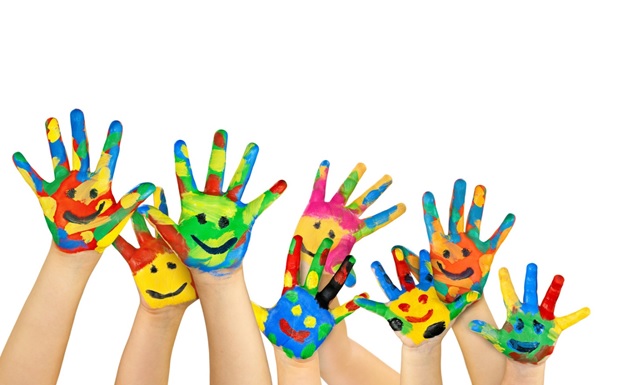
The purpose of academic education is to equip students to stand on their own feet, and the path to it could be a job or an entrepreneurial venture. Life Skills perfectly dovetail into this need by preparing the students for the challenges of the fast-paced rapidly-changing 21st century. Evidence-based research all over the world points to the fact that social and emotional skills are as important as cognitive skills to succeed in a job or in an entrepreneurial venture.
“Life skills” are defined[1] as psychosocial abilities for adaptive and positive behaviour that enable individuals to deal effectively with the demands and challenges of everyday life. They are loosely grouped into three broad categories of skills: cognitive skills for analysing and using information, personal skills for developing personal agency and managing oneself, and interpersonal skills for communicating and interacting effectively with others.
Life skills education[2] is a structured programme of needs and outcomes based participatory learning that aims to increase positive and adaptive behaviour by assisting individuals to develop and practise psychosocial skills that minimise risk factors and maximise protective factors. Life skills education programmes are theory and evidenced based, learner focused, delivered by competent facilitators, and appropriately evaluated to ensure continuous improvement, objectively.
Life skills matter, whether cognitive or personal/interpersonal, because they ultimately determine how we make decisions and everything – career progression as well as positive personal life –depends on the quality of our decisions./
Life skills landscape has evolved – with substantive research spread across several countries and hundreds of word-class universities and non-profits. Backed by more than three decades of evidence-based research, several successful life skills models have emerged – particularly in the USA. These models have focused on personal (self-awareness, self-management, social awareness, managing emotion, etc.) and interpersonal relationship skills – two such widely adopted models are:
- Social and emotional learning (SEL);
- Recognition, understanding, labelling, expressing and regulating emotions (RULER).
Research findings[3] in the USA from a meta-analysis of 213 school-based, universal social and emotional learning (SEL) programmes involving 270,034 kindergarten through high school students (when compared to non-participants) concluded that SEL participants demonstrated significantly improved social and emotional skills, attitudes, behaviour, and academic performance that reflected an 11-percentile-point gain in achievement.
To summarise, focusing on only academic achievement will be a pyrrhic victory. Without well-developed cognitive, personal and interpersonal skills, it will be an uphill struggle for the students to chart out stable career or personal happiness. The days of focusing only on academic performance are rapidly coming to an end. It is high time that both schools and parents appreciate that efforts put on life skills are not a burden on the education system, but strengthen the education system and create an employable work force for the future. Else we risk counterproductive demographic dividends…..
[1]https://www.unicef.org/lifeskills/index_7308.html
[2]https://www.unicef.org/lifeskills/index_7308.html
[3] https://www.ncbi.nlm.nih.gov/pubmed/21291449
